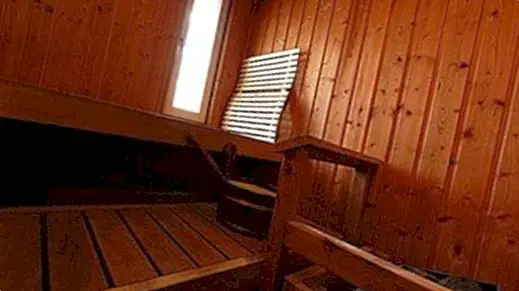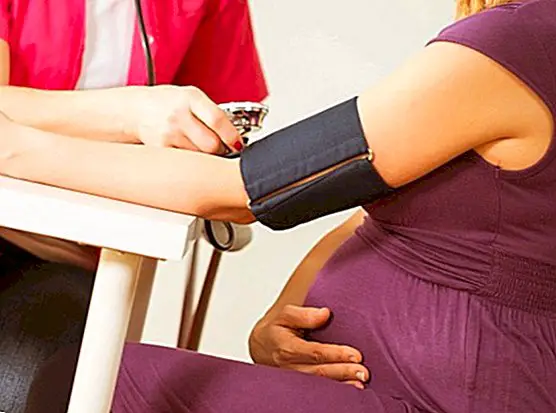Prevention of hypotension (low blood pressure)

Although the arterial hypertensionIt tends to be more commonly known for the different cardiovascular problems associated with having high blood pressure in the long term (especially when it is not treated medically and is maintained over time). hypotension It can also become a serious problem.
It basically consists of an abnormal condition of blood pressure, when it is lower than what is considered normal. Usually, the normal blood pressure is 120/80 mm Hg (systolic / diastolic), so we have arterial hypotension when the systolic pressure is less than 90 mm Hg and / or the diastolic pressure is less than 60 mm Hg. .
Useful tips to prevent low blood pressure
Among some of the tips we can take to prevent hypotension, you should increase the intake of fluids, mainly water, coffee or tea. In fact, taking a little caffeine every day can help positively when it comes to preventing low blood pressure. In this way you will avoid dehydration.
Of course, alcoholic beverages are not at all suitable, since they tend to depress the heart rate, which in turn causes a decrease in blood pressure levels.
In addition, it is vital to maintain a healthy diet as complete and varied as possible. They emphasize in this case especially the fruits, vegetables and fresh vegetables, and the foods especially rich in salt.
Moderate physical exercise is also very useful. Of course, the most advisable is that physical activity is moderate and never be started or ended abruptly, or that it is intense.
There are also other suitable tips, such as the ones we discuss below:
- Avoid excessive heat and situations that can overwhelm you. For example, try not to go outside when it is very hot, and reduce showers or hot baths.
- Avoid getting out of bed or on the couch quickly. It is better to do it little by little.
However, when arterial hypotension occurs, it is diagnosed and alarm symptoms such as dizziness or dizziness arise, it is advisable to keep the following basic advice:
- It is not recommended to stay or stand.
- Be seated or lying down for a prolonged period.
- Increase the consumption of liquids, especially infusion, tea or coffee.
Always under the advice of the doctor, it is possible to increase the amount of salt in the diet.

What is low blood pressure (hypotension)?
It is understood by hypotension to the blood pressure figures below normal limits (90/60 mmHg), and in most occasions, it does not usually produce symptoms, but at very special times and occasions (such as, for example, being in closed places with heat). , or to stand for a long time), the tension drops much more and the different characteristic discomforts appear like tiredness, dizziness and feeling of faintness.
This is due to the fact that the blood does not reach the different organs of the human body in an adequate way, and may even present loss of knowledge.
Causes of arterial hypotension
Although we have already mentioned it in a very summarized way, among the most common causes of hypotension we find: excess heat, dehydration, smoking, medication consumption, alcohol and prolonged fasting.
This worsens when some of these factors are combined, such as excessive heat and excessive consumption of alcohol and tobacco at the same time.
In addition, there are certain diseases or pathologies that can cause hypotension. In fact, sometimes having a low blood pressure is a sign that the person may have some kind of underlying problem, especially in the elderly, which causes inadequate blood flow to the brain, heart and other vital organs.
Among the diseases that can cause low blood pressure we can name the following: arrhythmias, heart attack, diabetes, heart failure, syncope, shock and certain eating disorders.
On the other hand, certain medications can also cause arterial hypotension. This is the case of narcotic analgesics, antidepressants, diuretics, medications prescribed for the heart, or medications commonly used in the case of surgery. This article is published for informational purposes only. It can not and should not replace the consultation with a Physician. We advise you to consult your Trusted Doctor.



